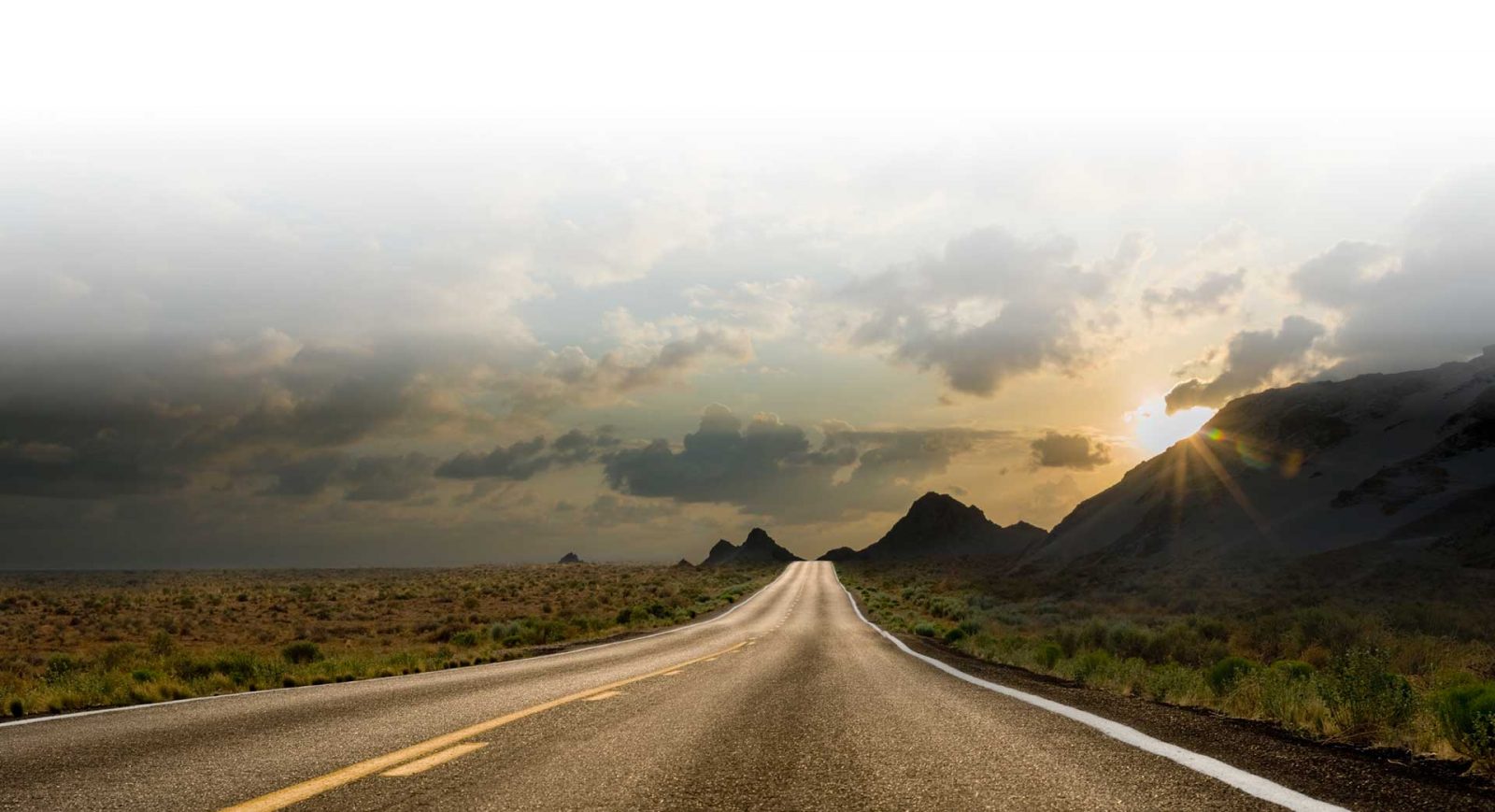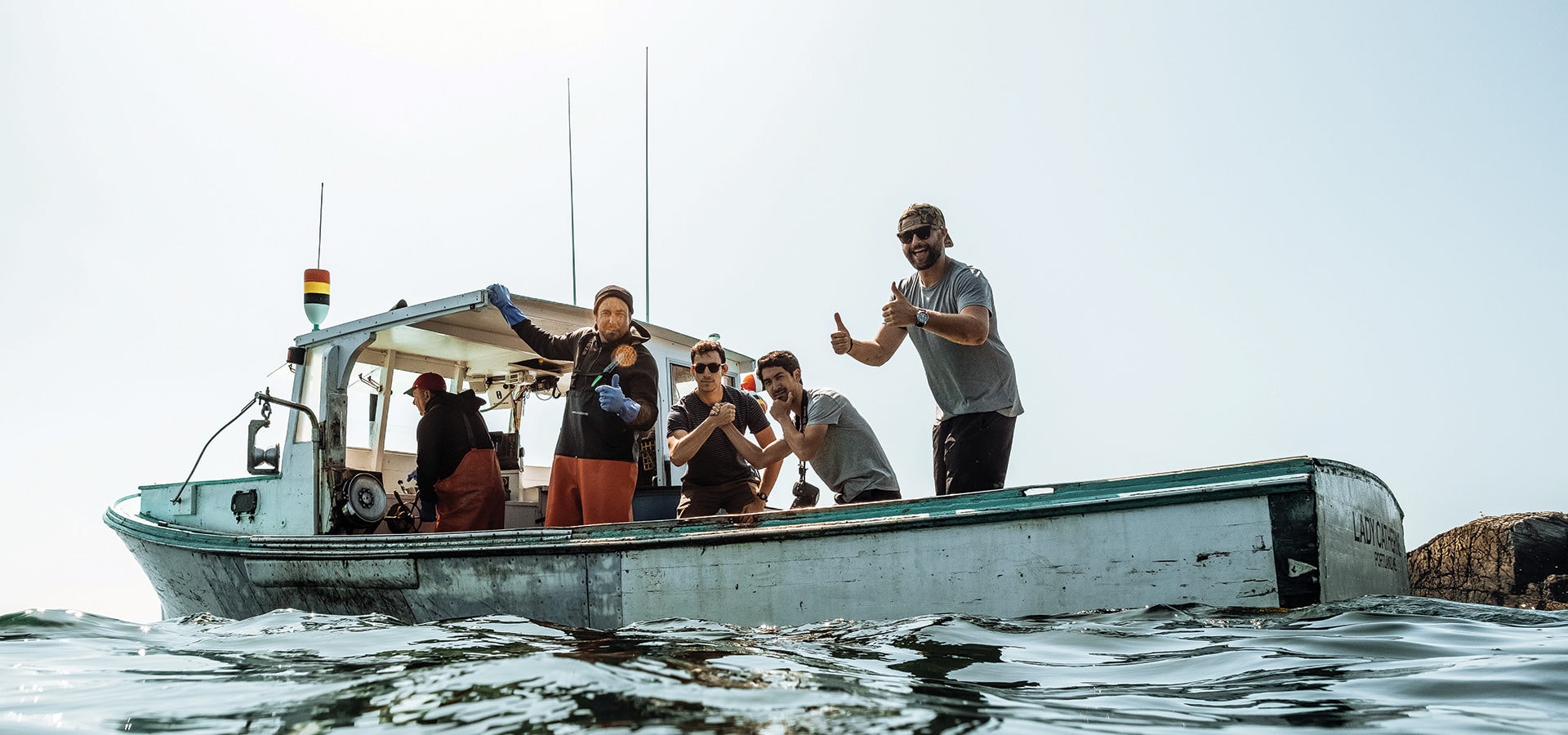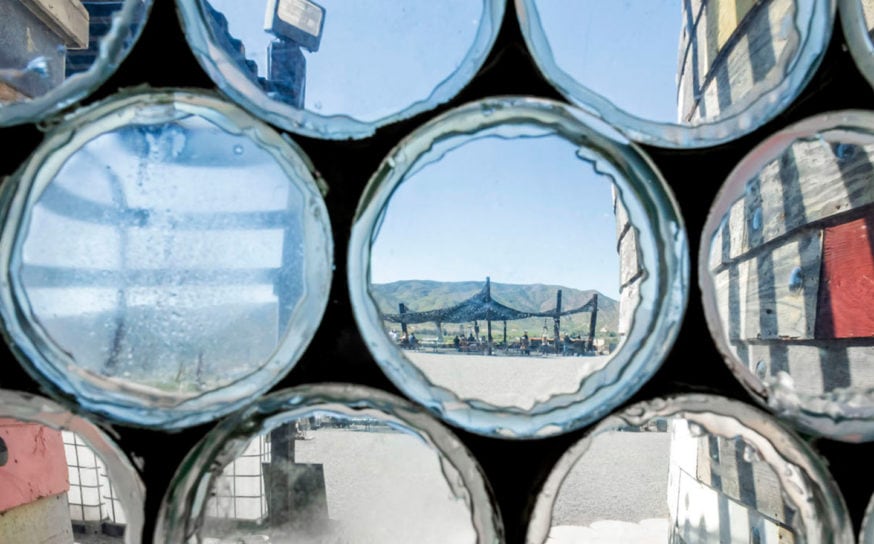How NorCal’s Outdoor-Friendly Huckberry Lives For Adventure
From scrappy to successful.
-
CategoryExperiences, Makers + Entrepreneurs, Outdoor Adventure, Small Businesses
-
Written byFredric Hamber
“Why haven’t our paths crossed before?” It’s a question many a 25- to 40-year-old guy has likely wondered after discovering the Huckberry retail and lifestyle brand. It also characterizes the first encounter between company founders Andy Forch and Richard Greiner.
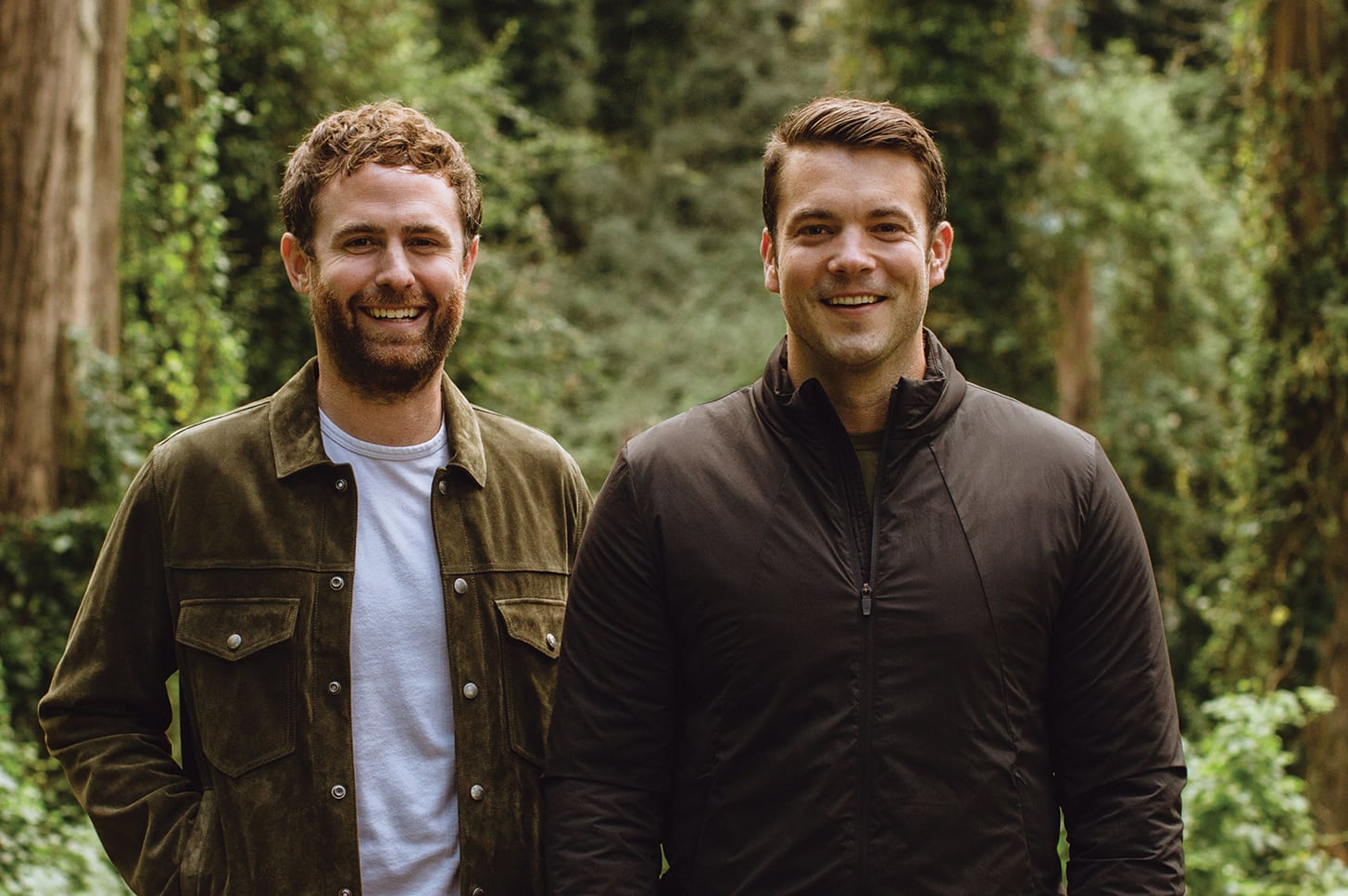
The two hadn’t known each other as recent college grads in New York City despite living a block apart and both working in investment banking. They each moved to San Francisco, again living a block apart, but didn’t meet until attending a party thrown by a mutual friend, a documentary photographer. “We were the two suits in the room,” Forch chuckles.
As if making up for lost time, the fast friends began planning weekend getaways to explore the California outdoors, camping at Kirk Creek in Big Sur, or jaunting up the Mendocino coast. It was on one such trip in 2011—while riding a ski lift in Squaw Valley, as they tell it—that they hatched the idea for a business selling gear to guys like themselves, who “live in the city but live for adventure.”
They quit their jobs and bootstrapped the business, each man pooling $10,000 from his life savings, and began to reach out to upstart brands for merchandise to sell. Forch reflects how before then, men had generally been an afterthought in the retail business, sold to in the basements of department stores or from the back pages of a catalog.
“We saw this opportunity emerging where you had all of these cool independent brands popping up because of social media,” he explains. When Kickstarter came on the scene, he says, “the Davids were making cooler stuff than the Goliaths.” What sort of stuff? SeaVees selvage denim sneakers. Aluminum wallets. Todd Snyder sweatshirts. Pocket knives made from dinosaur bone (specifically, “…the marrow of a 150-million-year-old Brontosaurus, and the tooth of a woolly mammoth,” as the promotional copy put it). Guy stuff.
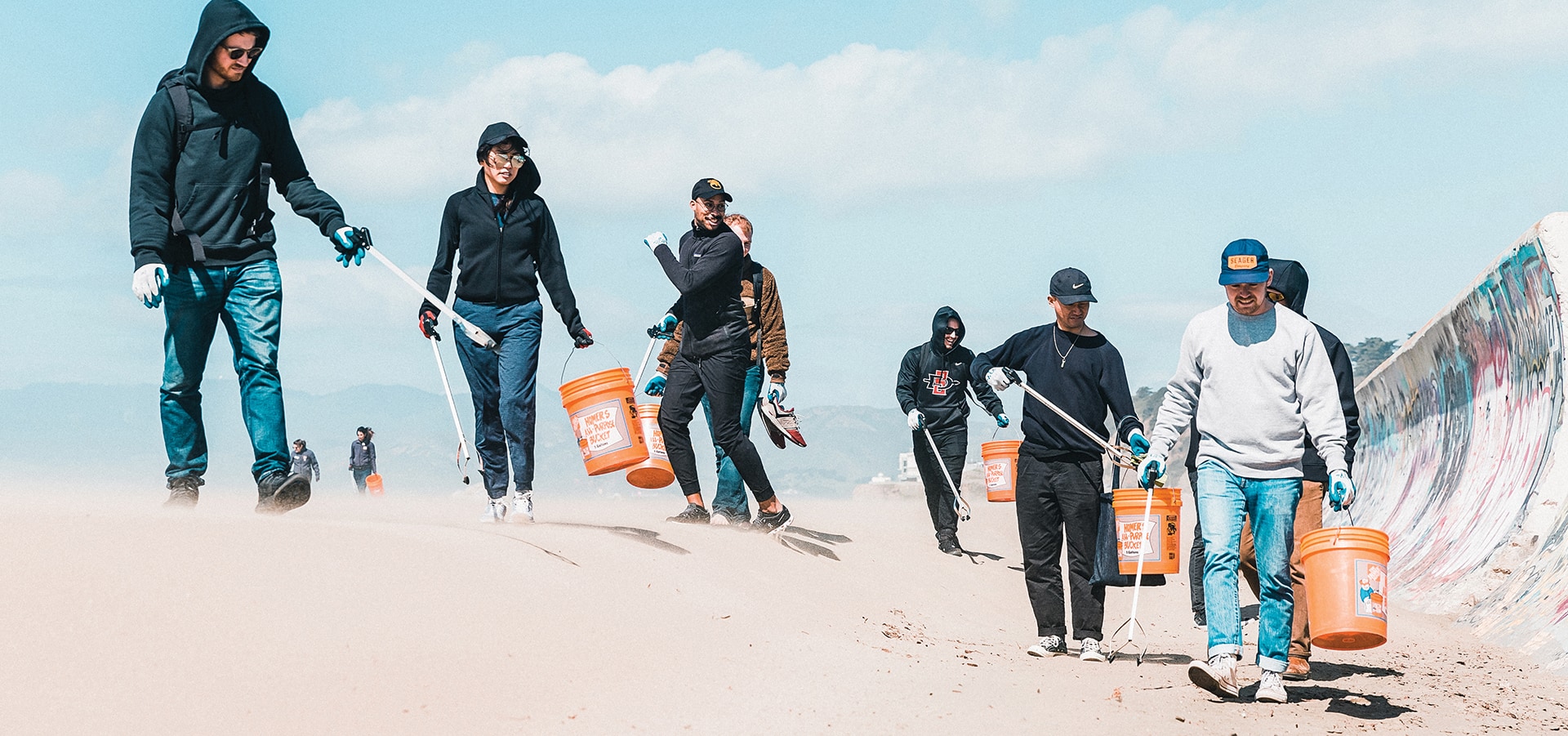
Looking back from the vantage point of their current and profitable success with 130 employees, a debut brick-and-mortar location in Brooklyn to accommodate their largest market, plus a suite of in-house brands they expect will account for half their revenue this year, the founders view the early decision to bootstrap as key. “We decided we wanted to build a business the old-fashioned way,” Greiner explains. “We didn’t raise money, so we weren’t forced to spend a bunch of money to try to grow the business when it wasn’t ready.”
By learning about product and what their customers wanted, the company grew organically. “We were forced to be scrappy and use creativity instead of money,” Greiner says. That creativity includes the highly engaging content on their site: stories of the makers behind the independent brands and products they sell, plus short journal essays like a history of waxed canvas, and “Zippo Lighters from the Vietnam War,” and “Survival 401: Turn Your Car into a Motorcycle.” An ever-expanding fan base/customer roster subscribed to their emails, which contain not just deals-of-the-week but stunning mountain and wilderness photos from their Instagram ambassadors and links to their Spotify playlist, delivered in the tone of an older brother who has things figured out and knows what music you should be listening to right now.
The finance and operations side of the business is handled by Greiner, a Villanova alumnus originally from Ohio whose favored day trips include Pescadero and the Anderson Valley. Recalling his early exposure to the outdoors, he says, “Cleveland has an awesome park system called the Metro Parks. My childhood house happened to back up to one of the parks. In the summer, I’d play in the woods from sun up until my mom yelled, ‘Dinnnnnner time!’”
“Richard is the most tenacious person I know,” Forch says of his friend and co-founder. “Tenacity is one of the key things in business; it’s at its best when we’re completely aligned. Luckily, that’s most of the time.”

The company’s creative strategy remains the purview of Forch, whom Greiner calls “a world-class copywriter. Beyond just writing copy, it’s positioning, and that’s a high bar.” Any cunning behind their marketing gimmicks is hard to begrudge because the two men and the brand they’ve created are so clearly genuine. In Huckberry’s social media feeds, they delight in tossing a hand-grenade question like: “We’re looking to try some lesser-known beers from all across the country. Which breweries deserve more of a spotlight?” They then let the comment threads grow longer and longer with robust opinions and good-natured disagreement, like a cozy campfire around which a widening circle of kindred spirits gathers and bonds.
The loyalty of their customer base is attested to by a screen on the office wall at their San Francisco SoMa headquarters displaying a continually updated company Net Promoter Score, a standardized scoring system that most businesses use that measures customer experience and predicts business growth. It was 89 on the day we visited, an achievement plenty of well-admired companies would only dream about. They count some boldfaced names among their devotees. Photos of them exploring Kauai with professional surfer Kelly Slater in their first print catalog might make one assume it was part of some sort of endorsement deal, but he’s a fan of the brand, says Forch, who smiles at the memory of picking up the barefoot Slater at the Lihue airport. “To have his support so early on really helped put Huckberry on the map.”
The SoMa headquarters is vacated a couple of days each year when Forch and Greiner take their employees for an overnight outdoor getaway, last year rafting the South Fork of the American River. The co-founders themselves take an annual buddy trip together without wives or kids (Greiner is a new dad) to get their minds off business concerns and day-to-day management and focus on their friendship.
So the next time you find yourself on some particularly exotic adventure, Andy Forch and Richard Greiner just might—as their company watchword has it—“See you out there.”
Exploring Baja California’s Delightfully Vibrant Wine Region
Where to sip and savor in Valle de Guadalupe.
Friday Finds: Self-Care Essentials
Be good to your body.
After a Six-Year Back-and-Forth Battle, Foie Gras May Be Banned Again in California
This time it might be “adieu” … for real.
Get the Latest Stories
